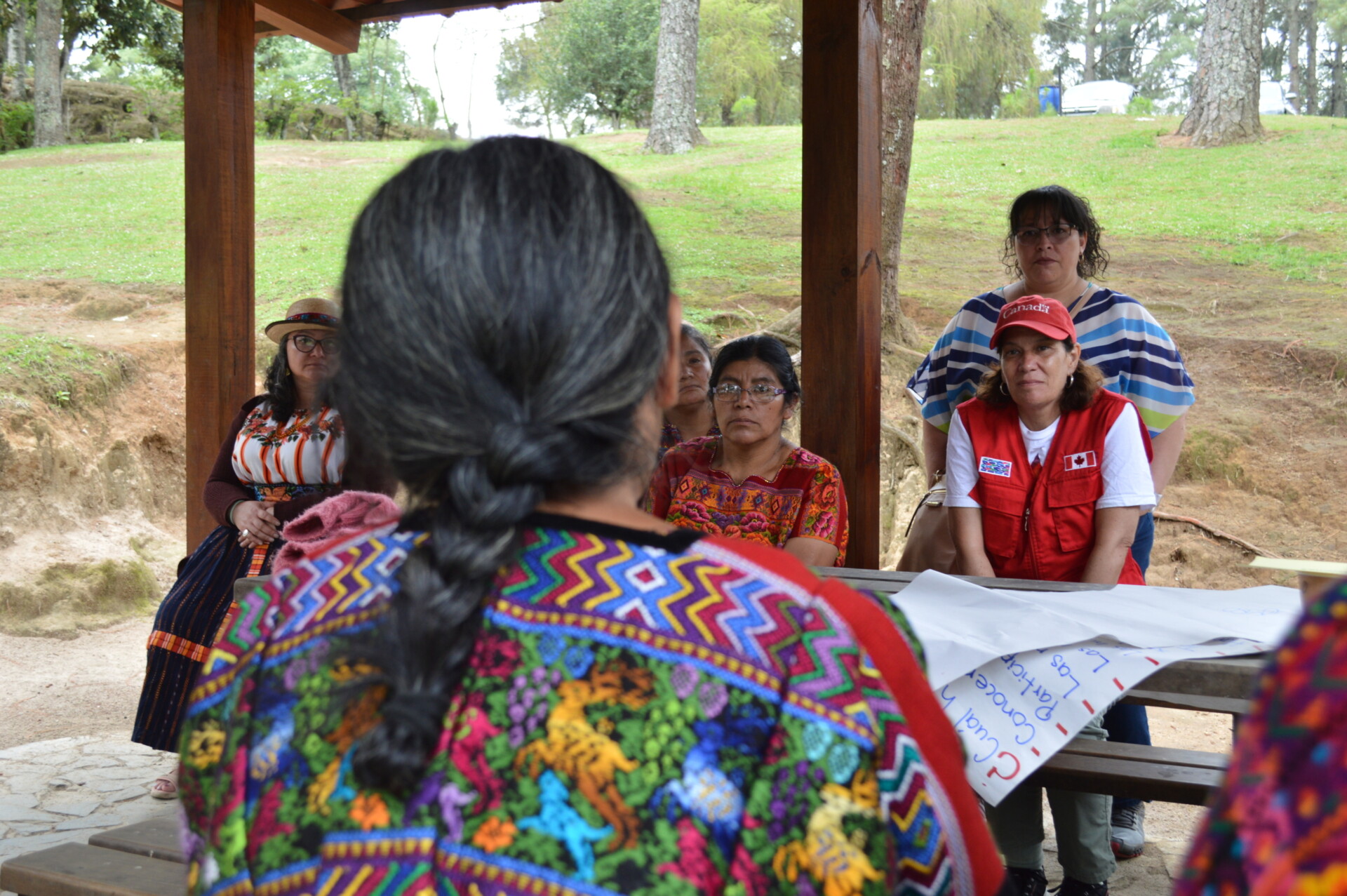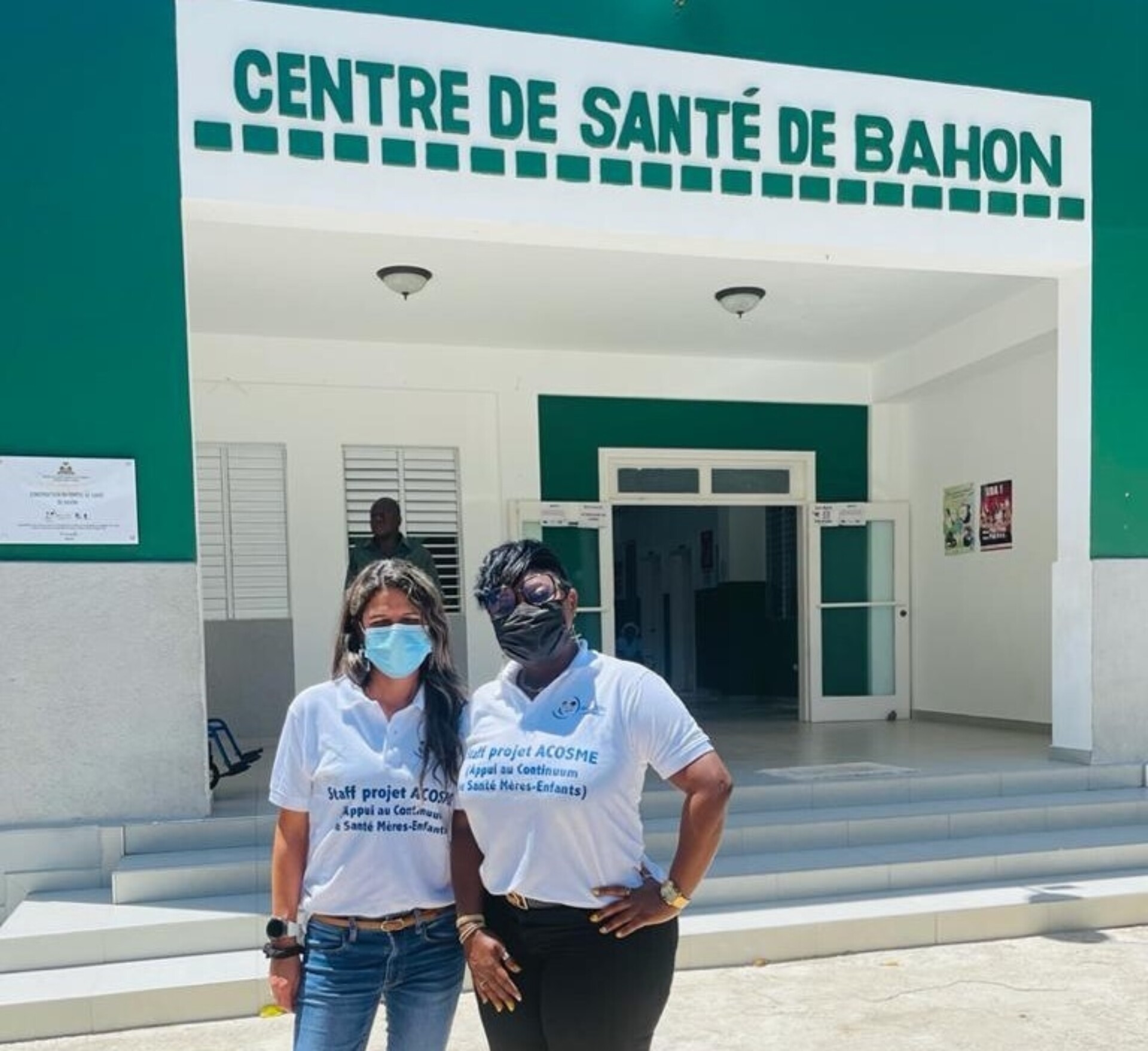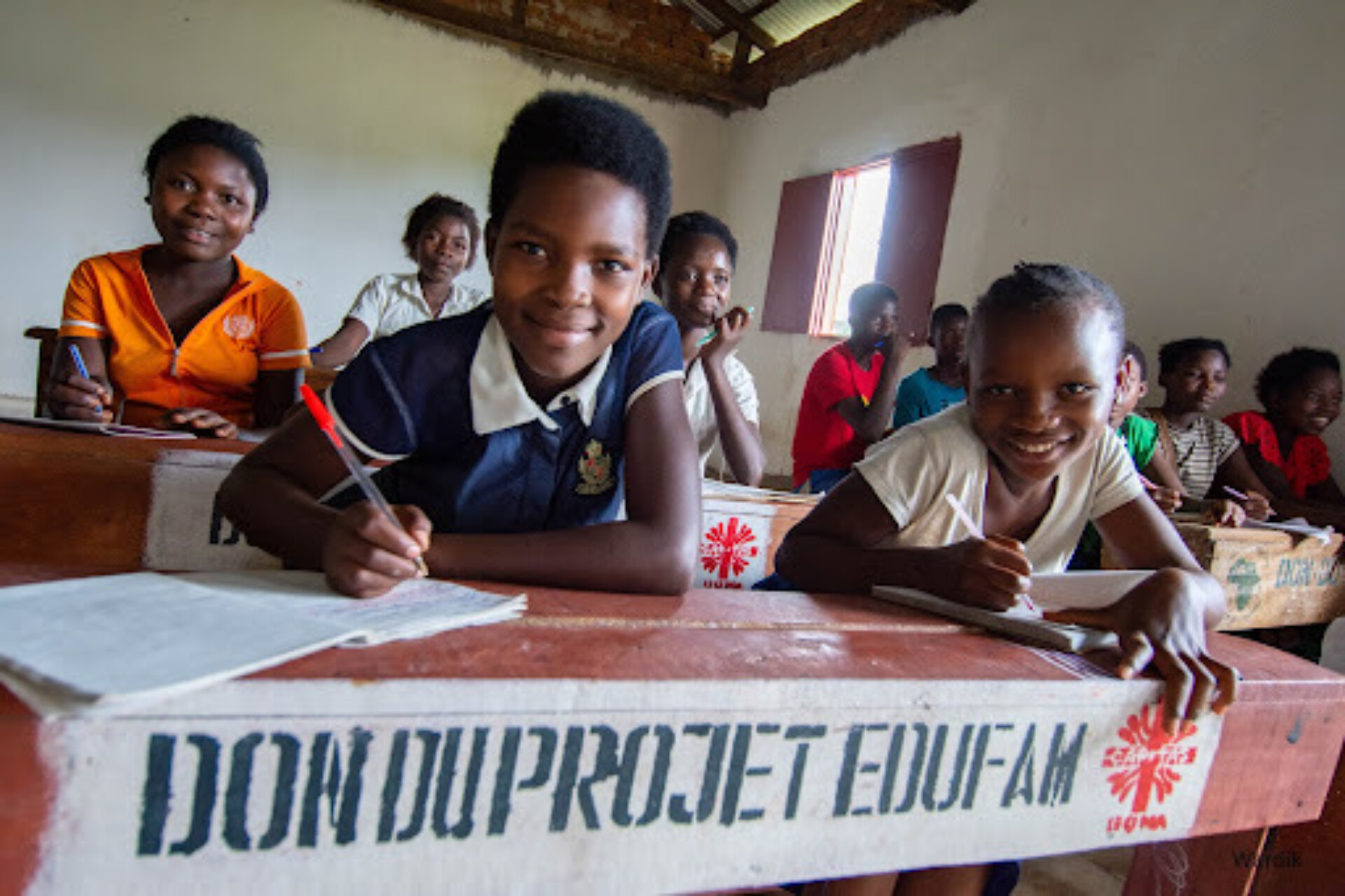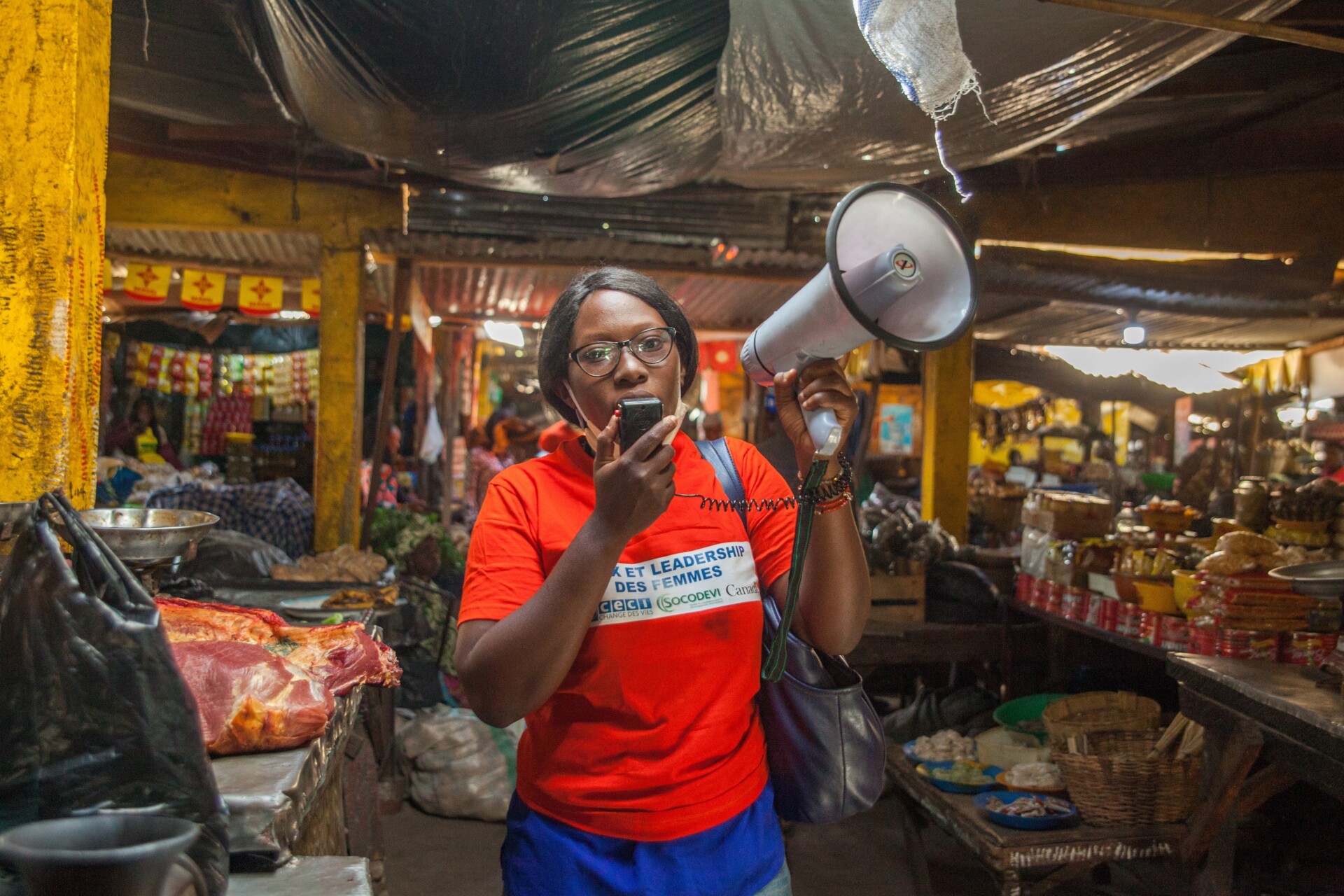

Strengthening the rights of women and girls requires a holistic approach that improves access to health care and education, and supports leadership and influence in decision-making.
Women and Girls' Rights
CECI works to fully realize the rights of women and girls by empowering them, transforming social and institutional norms, and supporting their participation in social and political spaces, as well as the effective exercise of their fundamental rights.
We support women and girls at every stage of their journey by promoting safe, equal, and protective environments. In collaboration with institutional and community partners and advocacy networks, we support transformative initiatives that change social norms, strengthen capacity for action, and consolidate access to fundamental rights. Our actions are based on locally-driven solutions that are adapted to social realities and designed to last.
Overview of the Current Situation
In many regions, women and girls are still unable to fully exercise their rights.
1 in 3 women
worldwide will experience physical or sexual violence during her lifetime.
129 countries
do not have a legal framework that fully guarantees equality between women and men (UN Women).
118 million girls
are still out of school, limiting their future opportunities for autonomy (UNESCO).
Our Approach
Our approach is built around three interconnected pillars:
1. The Right to HealthAccess to sexual and reproductive health services remains limited, and gender-based violence continues to undermine the safety and well-being of women and girls. We work to:
- Remove barriers to accessible, inclusive, and quality sexual and reproductive health services.
Strengthen the capacity of health institutions and community actors to respond to the needs of women and adolescent girls.
-
Promote informed decision-making, access to information, and health as a pathway to autonomy.
2. The Right to EducationEducational pathways are frequently interrupted, while unequal social norms and low representation in decision-making spaces hinder their civic and political participation. We are working to:
- Take action to ensure continuous, safe, and inclusive educational pathways for girls and young women.
- Contribute to the transformation of education systems so that they fully integrate gender equality, inclusion, and respect for rights.
- Strengthen community engagement and accountability of actors towards girls' education as a foundation for social cohesion and increased civic participation.
3. Supporting Women’s Rights MovementsWomen’s rights organizations, despite being on the front lines, are facing shrinking civic space and the rise of anti-rights narratives, which undermine their work and limit their ability to influence change. We work to:
- Strengthen the institutional capacity, governance, and sustainability of feminist organizations and local networks.
Support their advocacy agendas, alliances, and influence at the local, national, and international levels.
-
Contribute to transforming social norms, legal frameworks, and public policies in support of the rights of women and girls.
Expected changes
By creating more equal, protective, and enabling environments, CECI contributes to the effective exercise of rights and to strengthening social justice, by creating conditions that enable:
Women and girls fully exercise their rights to health and education;
Survivors of gender-based violence have access to resources, support, and mechanisms based on their rights.
Feminist organizations consolidate their institutional autonomy, sustainability, and capacity for influence.
Women and adolescent girls actively participate in decision-making spaces and help guide social change.
Success story in Guatemala
Discover our approach through the DEMUJERES project, which strengthens the rights, dignity, and empowerment of indigenous women and girls in Guatemala, particularly in terms of protection against gender-based violence and access to justice.
Documentation Center
Browse our Documentation Center to discover our publications related to this topic.
Rights
ACOSME project - Support to the mother-child health continuum in Haiti (In French)
Education & training
EDUFAM Project Impact Report - 2022
French
Rights
Résumé d'impact projet Yellen
Rights





